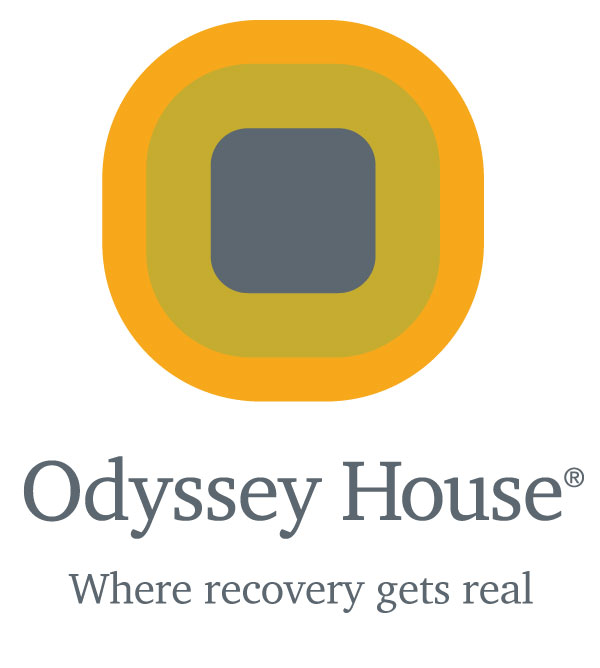IS SOMEONE YOU LOVE ADDICTED?
Are you concerned that your family member or friend has a drug or alcohol problem? You’re probably wondering what you can do. Here’s how you can help.
SOME ACTIONS YOU CAN TAKE:
- Learn about the signs and symptoms of substance use.
- Observe the person closely to see if their behavior matches the symptoms of addiction.
- Share your concerns with other family members and friends to learn how they see the situation. If they agree there is a problem, determine who will talk to the person about getting help.
- Contact a substance abuse professional, mental health professional, physician, or other helping professional to help you. Describe your family member’s substance use pattern to see whether the professional would deem it a problem. Provide as many details as you can, such as the type of alcohol or other drugs, how much the person is using, how often, how long the pattern has continued, negative consequences and the person’s response to discussions or confrontations about substance use.
- If you are concerned about the possibility of emotional or physical violence, develop a safety plan to ensure that you and other family members are safe from potential harm.
TIPS FOR INITIATING A DISCUSSION WITH YOUR LOVED ONE
- Don’t bring up the subject when the person is under the influence of alcohol or other drugs. When people are high, they are less able to understand logic and are more likely to be impatient, dismissive, angry and blaming. Some people have poor impulse control and may act irrationally or violently if the subject is brought up while he or she is under the influence.
- Stay sober yourself.
- When you meet, emphasize that your care and concern for their well-being has led you to have this conversation.
- List the behaviors you’ve observed, express concern about the effect drinking or drug use is having and tell them you’re worried about continued use.
- Create a two-way dialogue so the person doesn’t feel lectured or harassed. Use open-ended questions.
- If the person states that there is definitely not a problem, ask to talk again at some point in the future. Your goal is not to convince the person that there is a problem, but to let them know that you believe there is one based on observable behaviors.
- Don’t try to assign blame, explore motives or shame your loved one.
- Don’t expect a dramatic shift in thinking or behavior right away; this conversation may be the first time the person been confronted about this problem.
- Keep in mind that there is no quick fix.
- To encourage the person to stop, you might want to tell them ways you would be willing to support them—for example, going to counseling together, or providing transportation or childcare.
Can Odyssey House help my son or daughter?
Yes, in addition to programs for adults, seniors and women with children, Odyssey House has rehab programs for teens and young adults.
Are you ready to take the first step to recovery?
Call us at 866-888-7880 and speak confidentially to one of our admissions specialists.
866-888-7880 Get help now, for you or someone you love.
We’ll help you find a way, regardless of your ability to pay.
What’s the difference between casual use and addiction?
How can you help a loved one who is struggling with addiction?
Need to talk? We’re here to help you, not to judge you.
Want to help? Join us in helping fellow New Yorkers in need.

